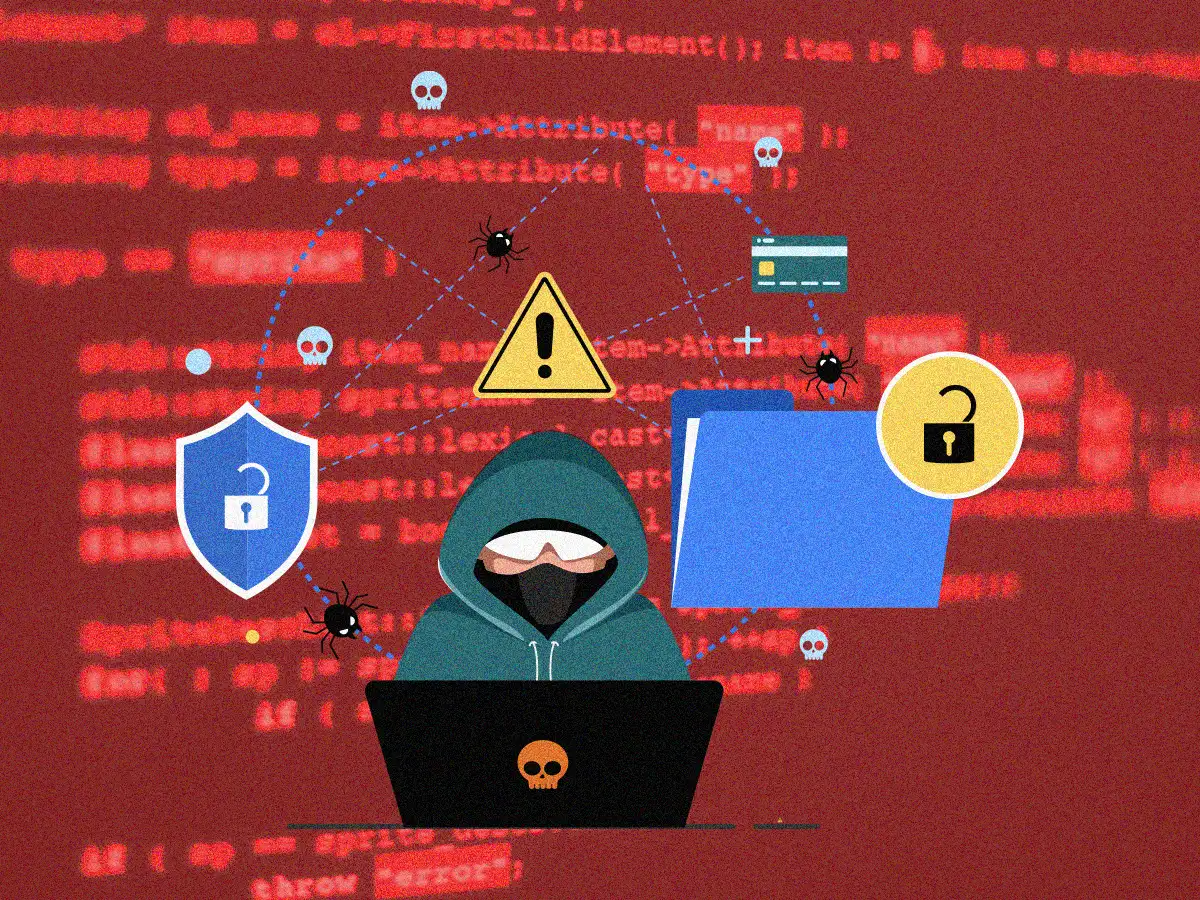# Digital Threats Loom as Iran-Israel War Escalates
The ongoing conflict between Iran and Israel has raised concerns among cybersecurity experts, who warn that companies could see a rise in digital threats in the coming weeks. As tensions escalate, hackers are likely to capitalize on the chaos, targeting vulnerable systems and data stores. In this article, we'll explore the potential risks and how companies can prepare for the impending digital onslaught.
The Iran-Israel war has been simmering for years, with both sides engaging in a complex game of cat and mouse. Recently, however, the conflict has intensified, with reports of airstrikes and cyberattacks targeting each other's critical infrastructure. While the physical attacks have garnered significant attention, cybersecurity experts are warning that the digital battlefield may be just as treacherous.
One of the most pressing concerns is the potential for malware to spread rapidly across the globe. Malware is a type of software designed to harm computer systems or steal sensitive data. In recent years, we've seen numerous instances of malware being used as a tool for state-sponsored attacks. As tensions between Iran and Israel continue to rise, it's likely that hackers will seek to exploit these vulnerabilities.
Experts point to several key factors that make the digital threat landscape particularly concerning during times of conflict. Firstly, the increased likelihood of false flags – where one side attributes a cyberattack to another in order to justify their own actions. Secondly, the potential for nation-state actors to use cyberattacks as a form of psychological warfare. Finally, the risk of critical infrastructure being targeted, leading to widespread disruption and chaos.
So, what can companies do to prepare for this impending digital threat? Firstly, it's essential to stay informed about the latest developments in the conflict. This will help you to anticipate potential attack vectors and take proactive steps to mitigate any risks. Secondly, make sure your defenses are up-to-date and robust. This includes implementing the latest security patches, monitoring your systems closely for any signs of suspicious activity.
Finally, consider investing in a reputable cybersecurity firm that specializes in threat detection and response. These firms have expertise in identifying and neutralizing threats, giving you peace of mind knowing that your business is protected from potential attacks.
In conclusion, while the Iran-Israel war may seem like a distant concern for most businesses, it's essential to take the digital threat landscape seriously. By staying informed, maintaining robust defenses, and investing in expert cybersecurity support, companies can minimize their risk and protect themselves against the potential fallout of this escalating conflict.
